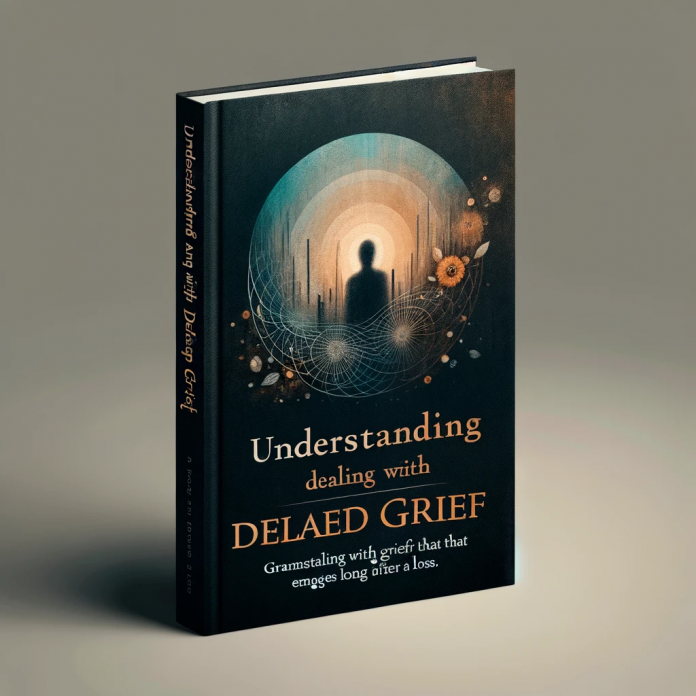Delayed grief, a psychological phenomenon that often goes unnoticed, can have profound impacts on an individual's mental health. This type of grief, as the name suggests, is a reaction to a loss that occurs significantly later than the event itself. It is crucial to understand this complex emotional response and learn how to deal with it effectively.
What is Delayed Grief?
Delayed grief is a type of grief response where the feelings of loss and sadness do not manifest immediately after the loss but surface weeks, months, or even years later. This delay can be due to various reasons, including the initial shock of the loss, the need to stay strong for others, or an inability to process the loss at the time.
It is important to note that delayed grief is not a sign of weakness or an indication that the person did not care about the loss. Instead, it is a coping mechanism that the mind employs to protect itself from immediate pain and distress.
Signs and Symptoms of Delayed Grief
Recognizing the signs of delayed grief can be challenging, primarily because the symptoms can be subtle and may not seem related to the loss. However, some common signs include unexplained sadness, sudden mood swings, feelings of guilt, and a sense of emptiness or loss.
Physical symptoms can also manifest, such as changes in appetite, sleep disturbances, and a general feeling of being unwell. These symptoms can often be mistaken for other health issues, making it even more difficult to identify delayed grief.
Understanding the Causes of Delayed Grief
Emotional Shock
One of the primary reasons for delayed grief is the emotional shock experienced at the time of the loss. This shock can be so overwhelming that the mind chooses to delay the grieving process to protect itself from the immediate pain.
Need to Stay Strong
Another common cause of delayed grief is the perceived need to stay strong for others. This is particularly common among individuals who assume a caregiving role or those who feel the need to support others emotionally during the time of loss.
Inability to Process the Loss
At times, the loss can be so sudden or unexpected that the individual finds it challenging to process the reality of the situation. This inability to accept the loss can lead to a delay in the grieving process.
How to Deal with Delayed Grief
Recognize and Acknowledge the Grief
The first step in dealing with delayed grief is to recognize and acknowledge the feelings of loss. This involves understanding that it is okay to grieve, regardless of how much time has passed since the loss.
Seek Professional Help
If the symptoms of delayed grief persist and interfere with daily life, it may be beneficial to seek professional help. Therapists and counselors can provide valuable guidance and support during this challenging time.
Practice Self-Care
Practicing self-care is crucial when dealing with delayed grief. This can involve maintaining a healthy lifestyle, engaging in activities that bring joy, and taking time each day to relax and unwind.
Conclusion
Delayed grief is a complex emotional response that can have significant impacts on an individual's mental health. By understanding the causes and symptoms of delayed grief, and learning effective coping strategies, individuals can navigate this challenging emotional terrain and find a path towards healing and recovery.


-banner.png)





